A man who famously bragged about grabbing women without consent, President Donald Trump, declared April Sexual Assault Awareness Month even as he called serial sexual harasser Bill O'Reilly "a good person." Trump also delivered a speech to ostensibly empower women, just about the same time that he rescinded an order put in place by President Barack Obama to protect women in the workplace from the gender pay gap and sexual harassment. On Thursday, for the first time since her crushing election loss in November, Hillary Clinton, in an interview with The New York Times' Nicholas Kristof, spoke at length about the role misogyny played in the election at the Women In the World Summit in New York City.
"It is fair to say that certainly, misogyny played a role. That just has to be admitted," Clinton told Kristof in no uncertain terms when he asked about it.
Of course, Clinton went on to provide a more nuanced, complex answer, but for her ardent supporters, and even for those who weren't fully behind her but who felt the sting of what she surely endured, there was bittersweet satisfaction in her comments.
Kristof's question regarding misogyny touched on various troubling aspects of how the country arrived at placing an admitted groper in the White House.
"This is a women's empowerment conference, so I have to ask, fundamentally, a man who bragged about sexual assault won the election and won 53 percent of the white women's vote," Kristof said. "How is it that in the 21st century, and what does it say about the challenges that one faces in women's empowerment that, in effect, misogyny won with a lot of women voters?"
With a mix of humor and gravity, Clinton began, "Well, I am currently writing a book, where I spend a lot of time wrestling with this. As you might guess, I've thought about it more than once."
She continued to answer Kristof with a pointed admittance that she indeed believes that misogyny was a factor in the election outcome, adding that she had struggled to parse out the reasons why. Her thoughtful take came next:
"There is a constant struggle, and not just women, women and men, in a time of rapid change, like the one we are living through, between something that is different, that may hold out even possible positive consequences, and something that is familiar and something that really is first and foremost about security of what you have right now. I think, in this election, there was a very real struggle between what is viewed as change that is welcomed and exciting to so many Americans and change which is worrisome and threatening to so many others. And you layer on the first woman president over all of that and I think some people, women included, had very real problems."
During the 45-minute interview, Kristof spoke with Clinton about Russia's interference, FBI director James Comey's 11th-hour announcement about potentially troublesome Clinton-related emails -- which turned out to be nothing of the sort -- and the Bernie Sanders effect as other possible factors in her loss of the electoral college (Clinton won the popular vote by nearly 3 million people). And while she agreed that those issues all helped lead to the results of the November 8 election, her remarks about misogyny must surely have served as some sort of validation for the 3,000 women in the audience.
But while absorbing and understanding the deep misogyny that played out during the election can be collectively devastating, it's no surprise that Clinton ended her remarks about the subject by continuing to look toward a brighter future for women.
For decades, Clinton has advocated and legislated in favor of progress and equality for women. As First Lady, she delivering her famous "Women's rights are human rights" remarks at the United Nations 4th World Conference on Women and she actively supported President Bill Clinton's Family and Medical Leave Act. As a senator, she spearheaded the Paycheck Fairness Act and was an original cosponsor of the Lily Ledbetter Fair Pay Act. And while in the State Department, she established the first federal Office of Global Women's Issues to ensure that gender equality is a cornerstone of international relations.
Kristof pointed out, referring no doubt to the record-breaking Women's March protests held the day after Trump's inauguration, that many women who were not galvanized by Clinton's campaign, rallied after her loss. Many of those galvanized by Clinton are now considering running for office.
Without hesitation, Clinton said that she's prepared to "recruit, mentor, and advise" young people.
"I'm going to spend a lot of my time encouraging young people, particularly young women, to go into politics, to go into public service because I believe that, not only is it a worthy and very satisfying way to contribute, to make a living, to learn more, but we really need you," Clinton said.
Watch the interview below.








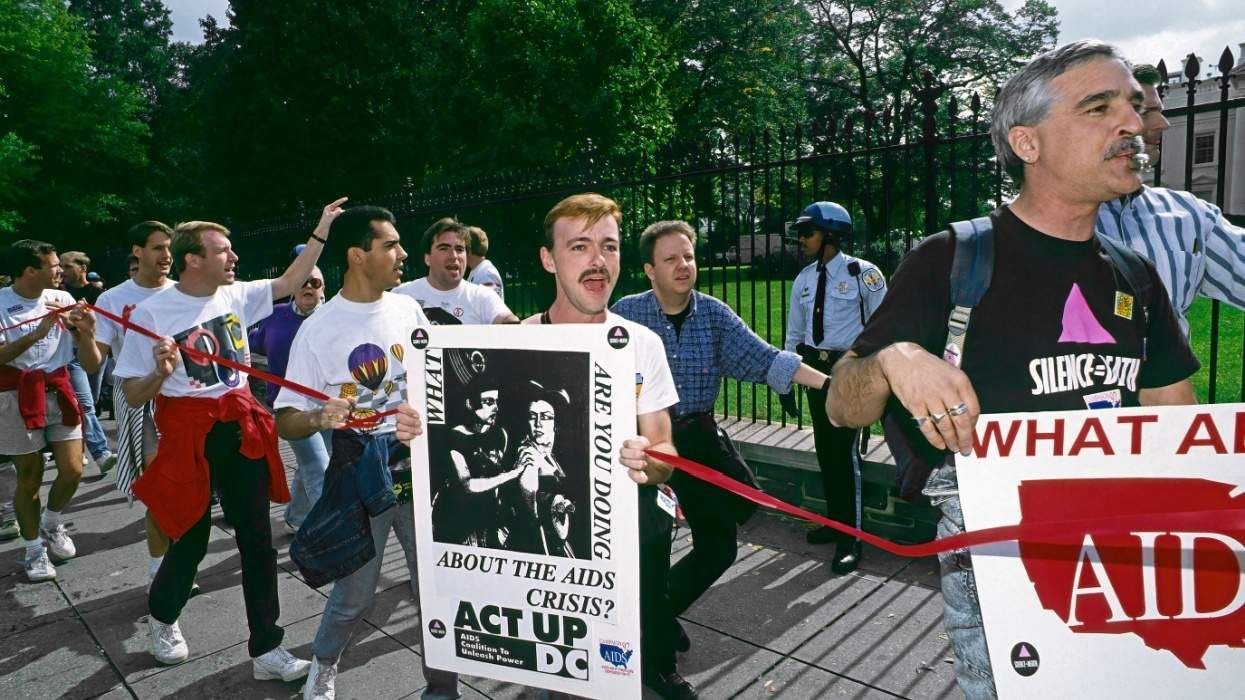
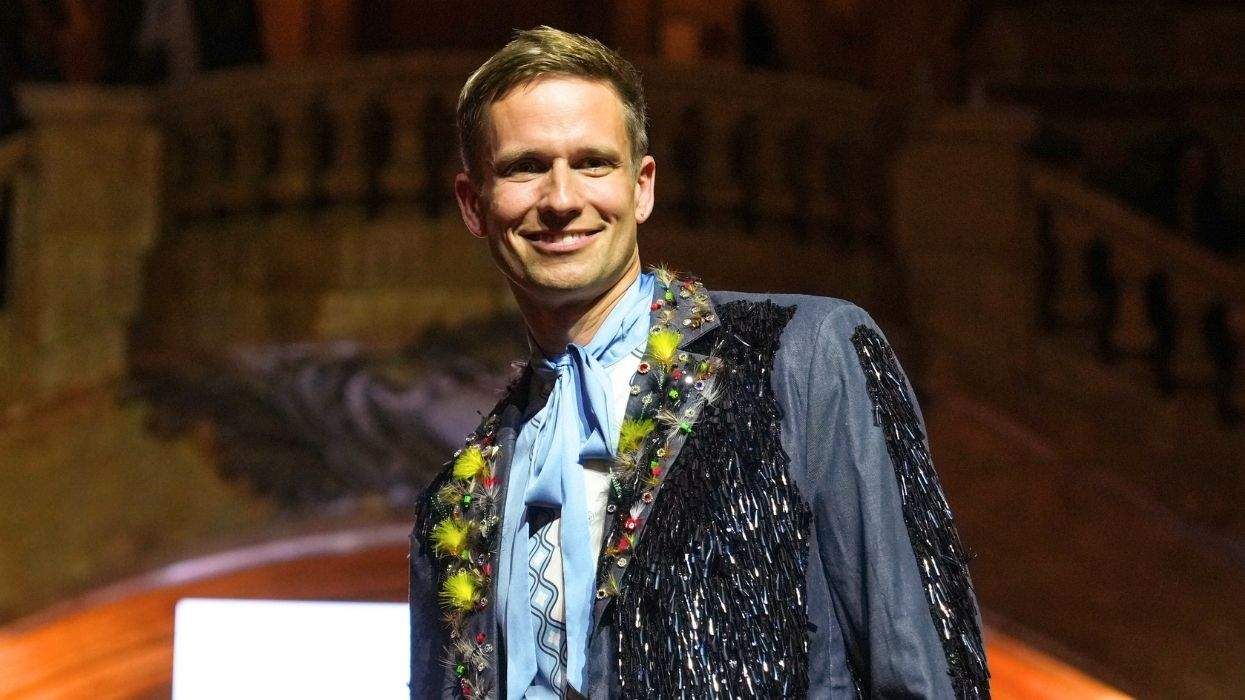
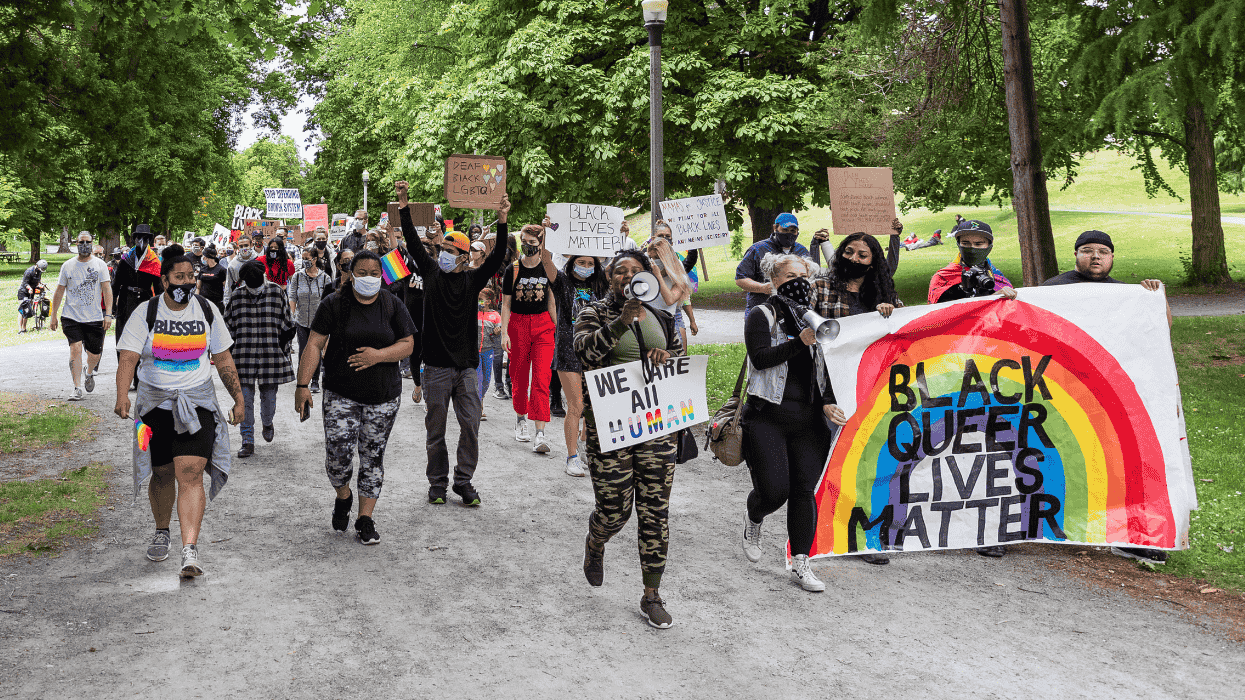
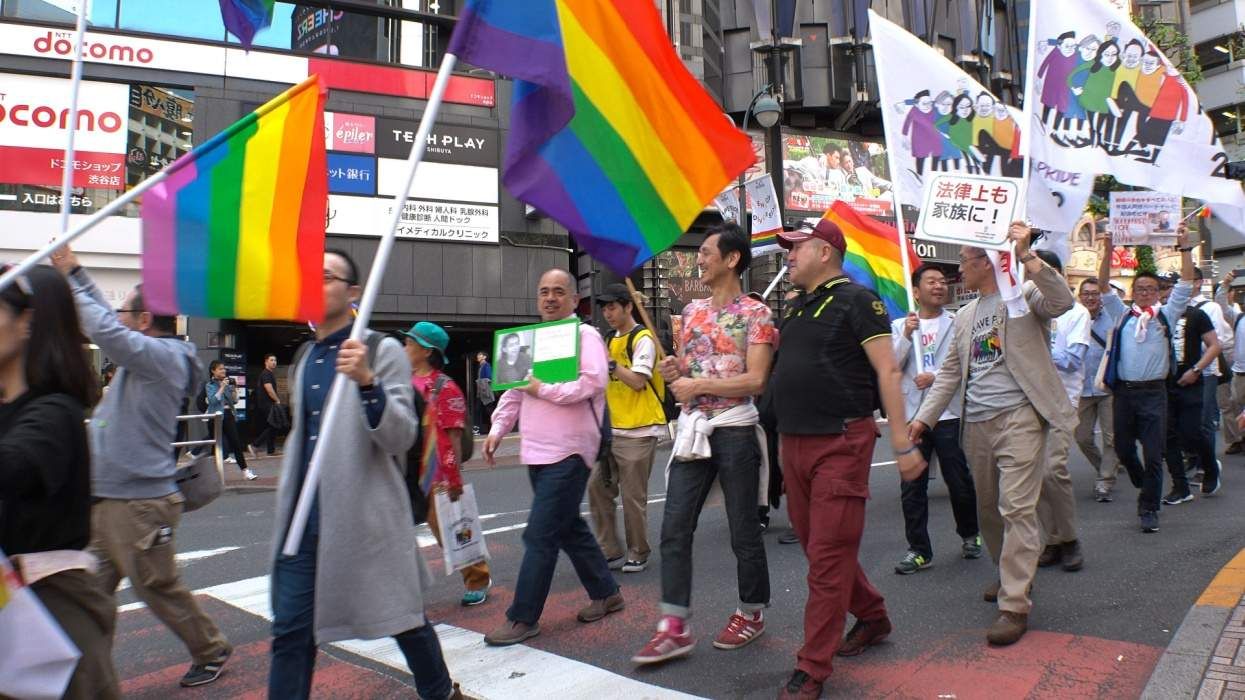
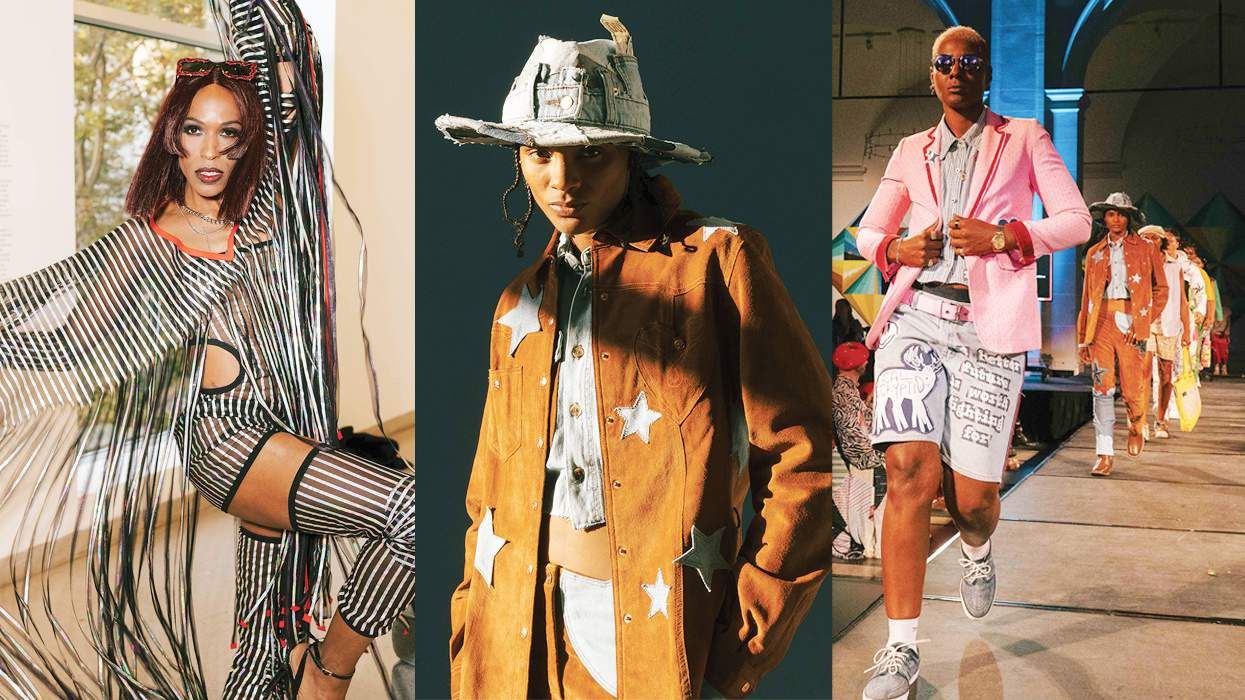
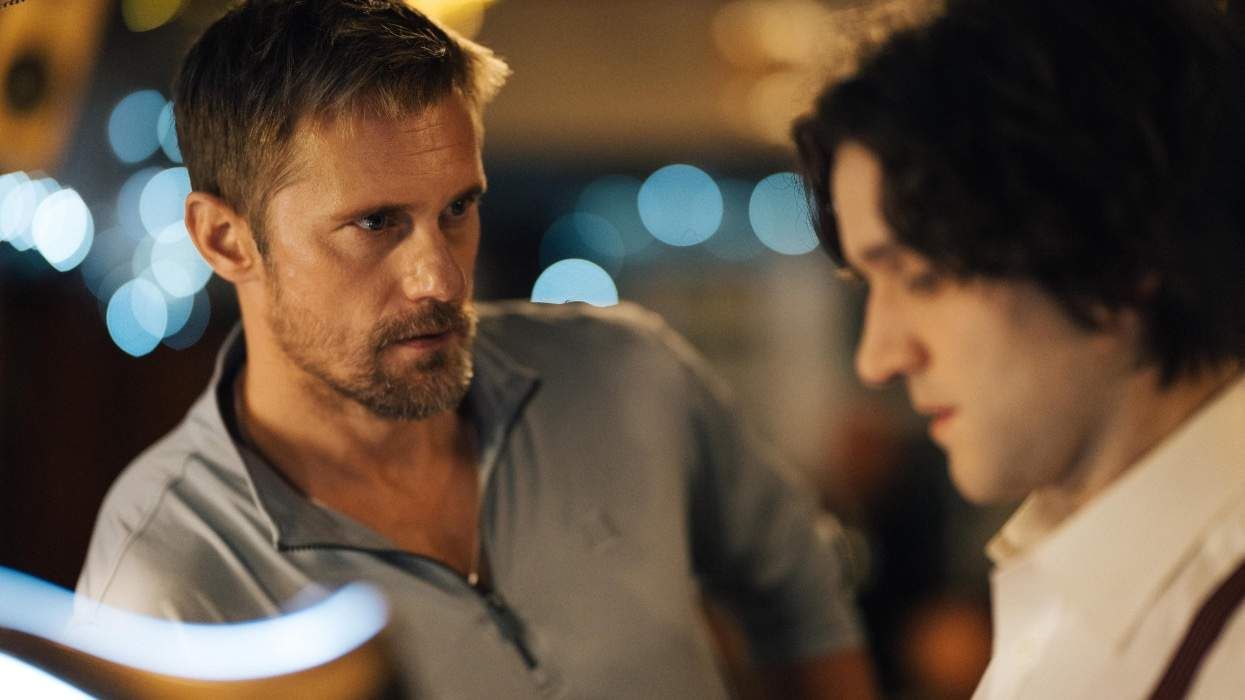
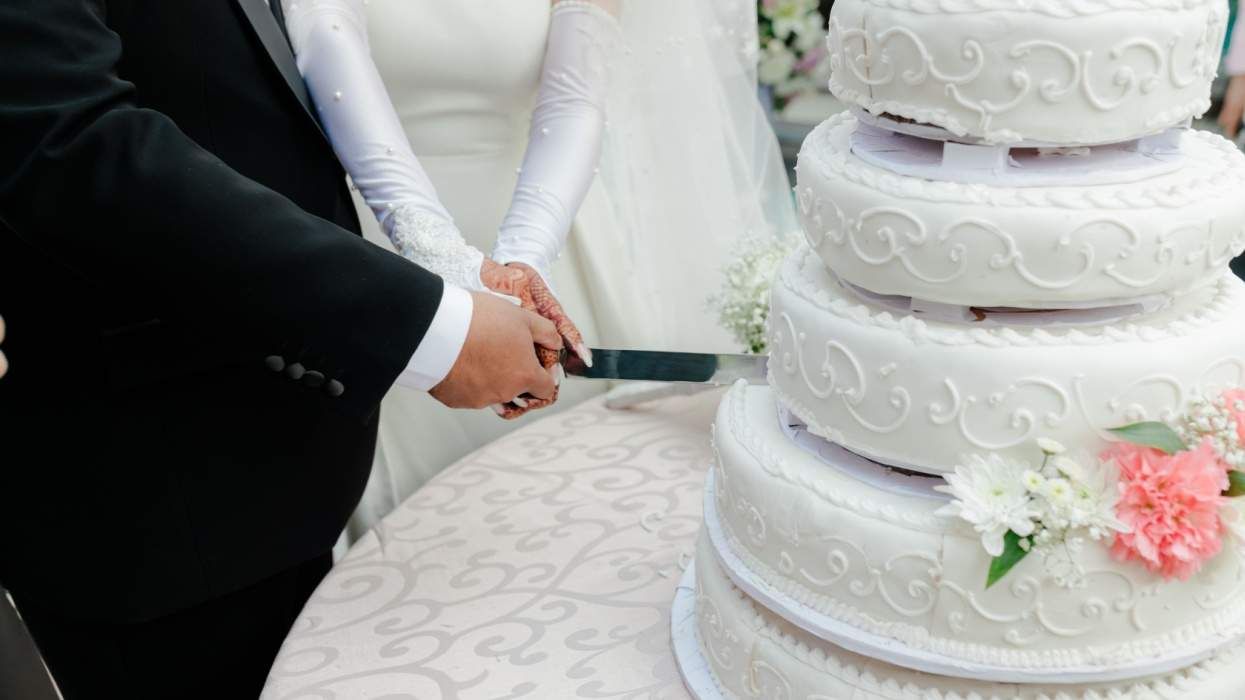
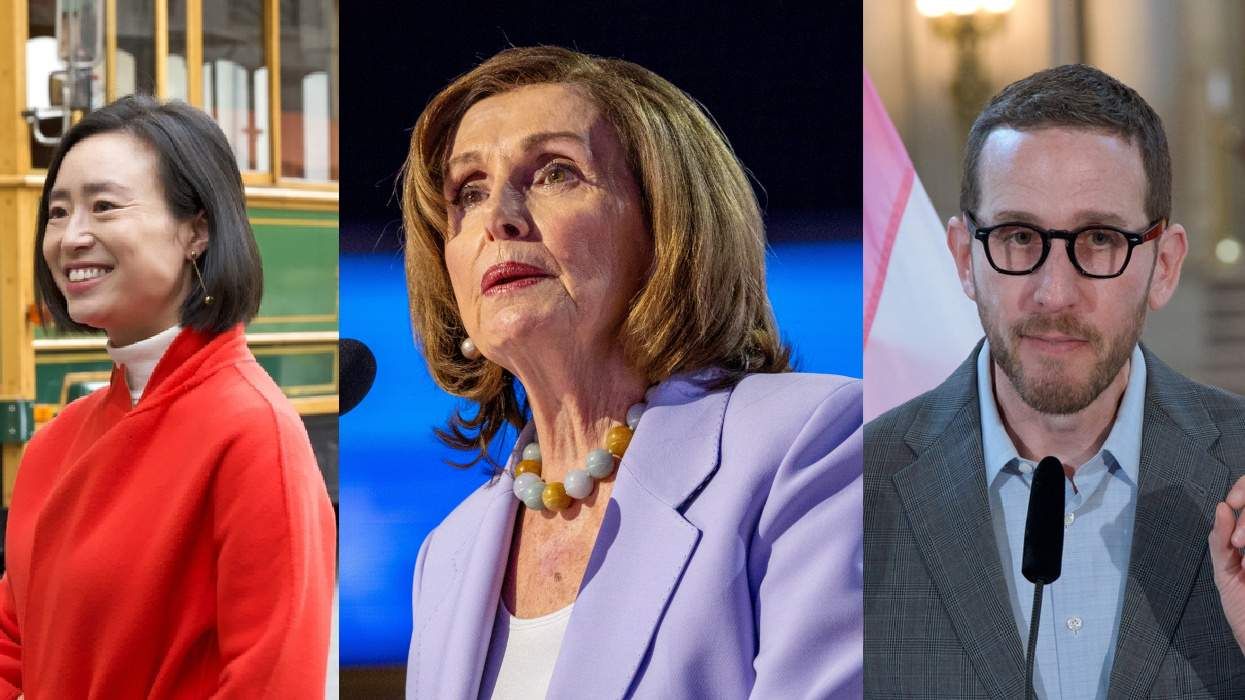
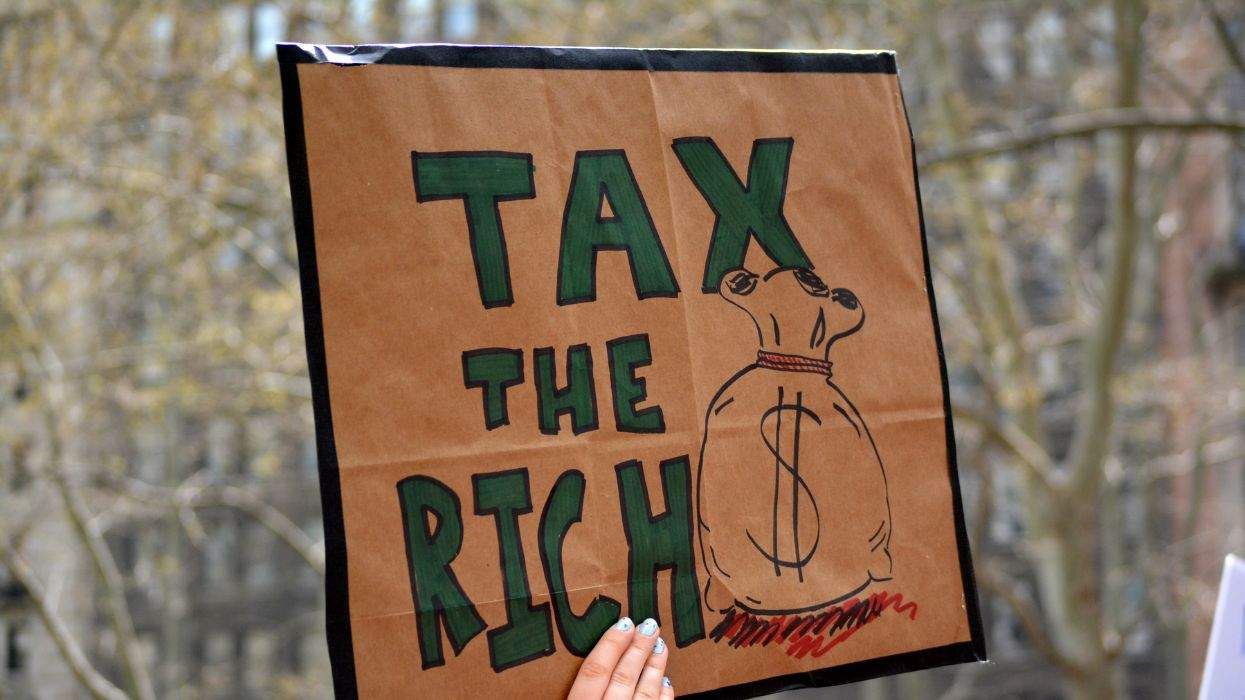
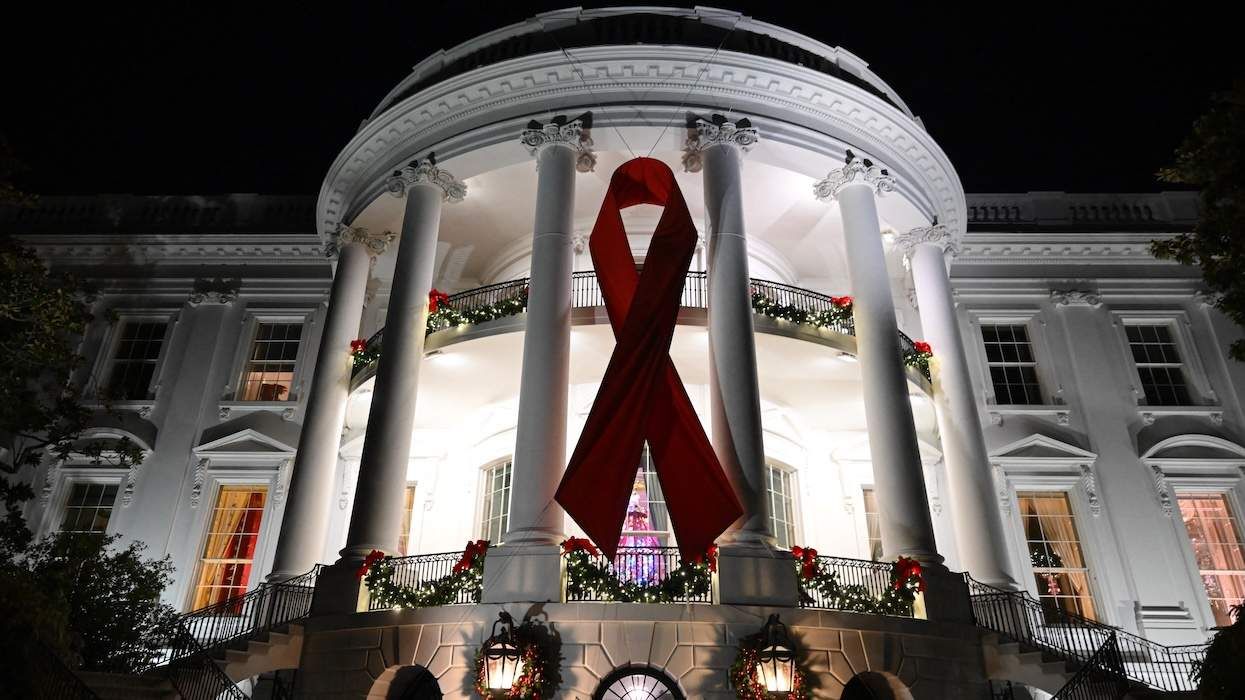
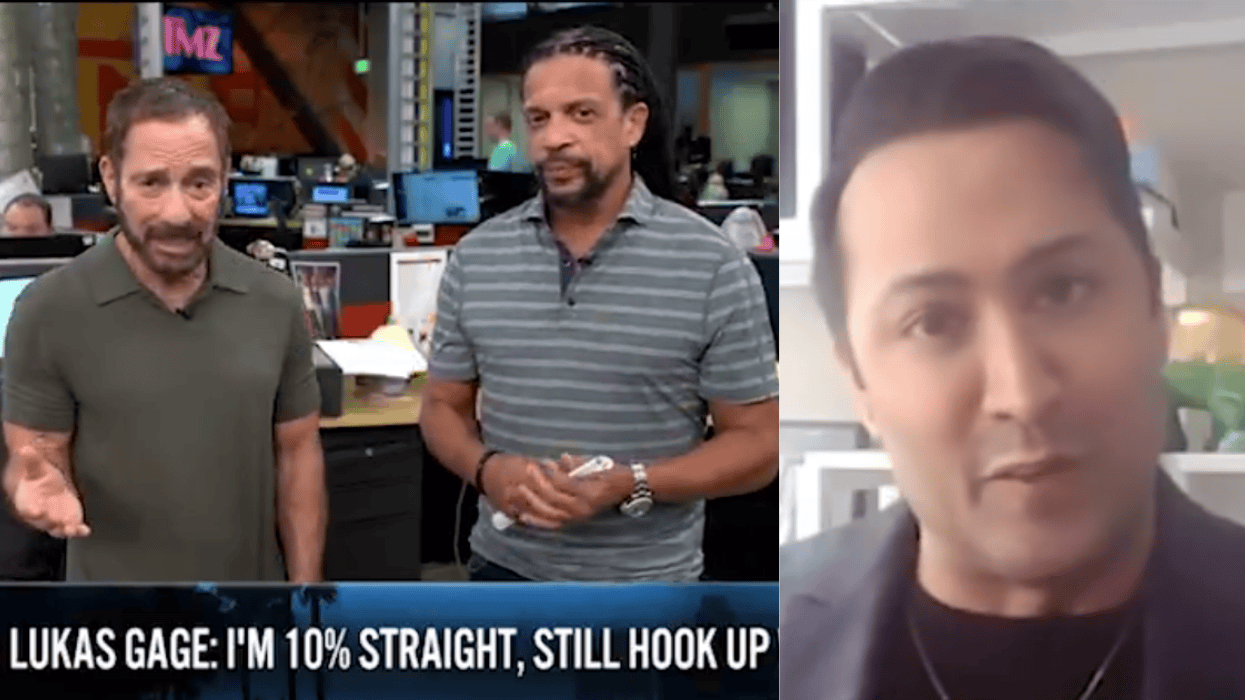
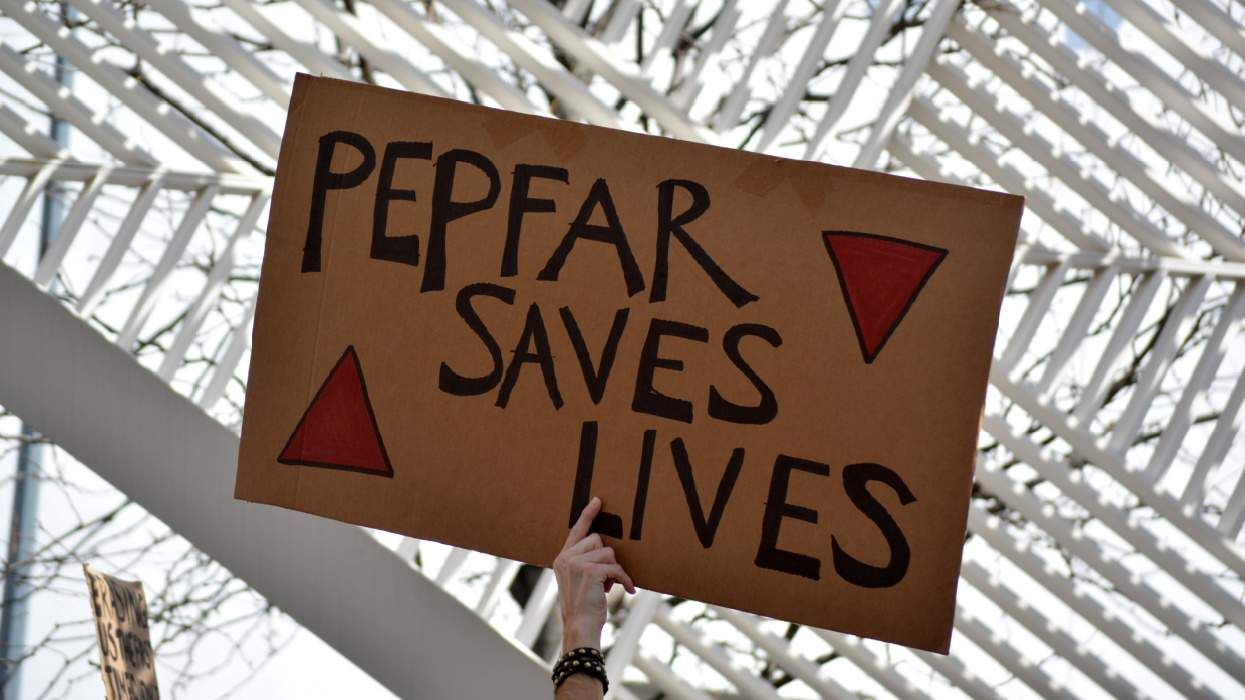
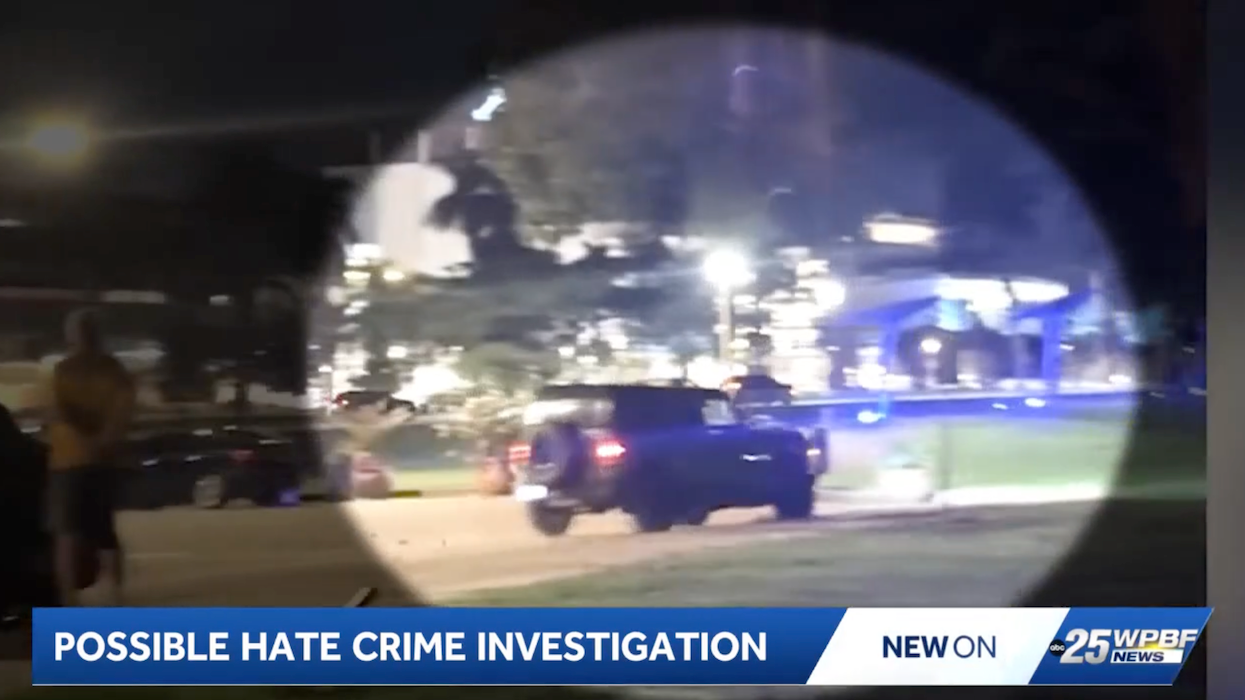
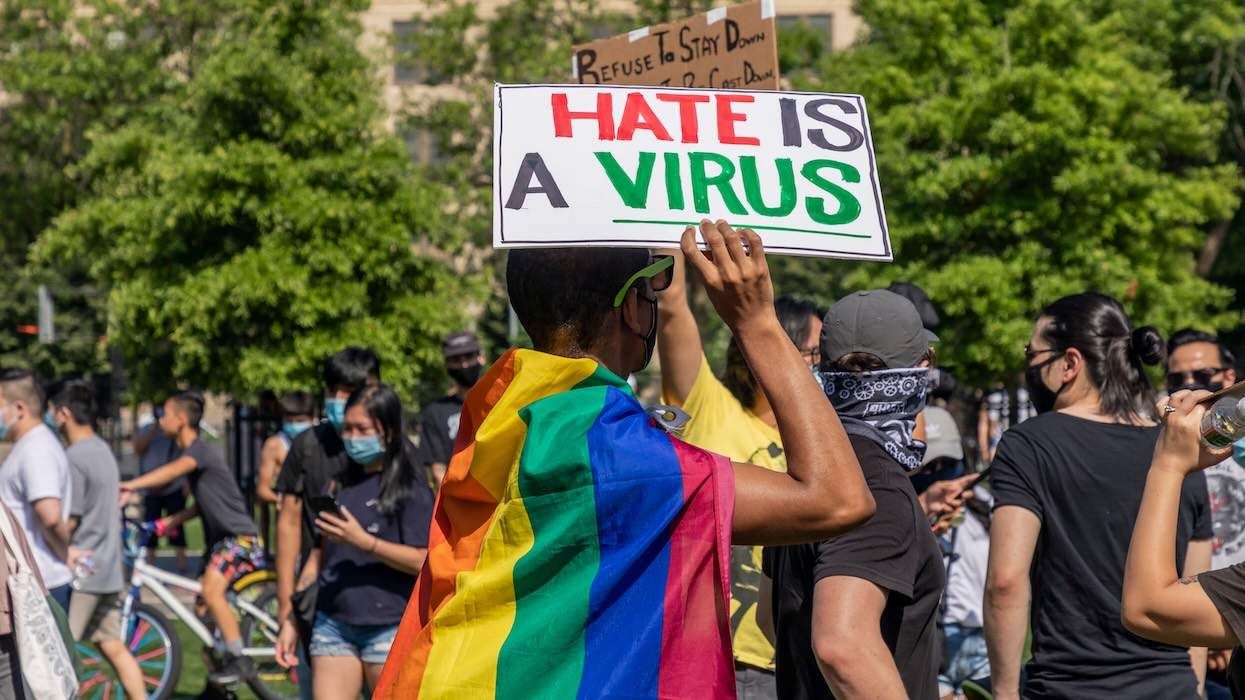
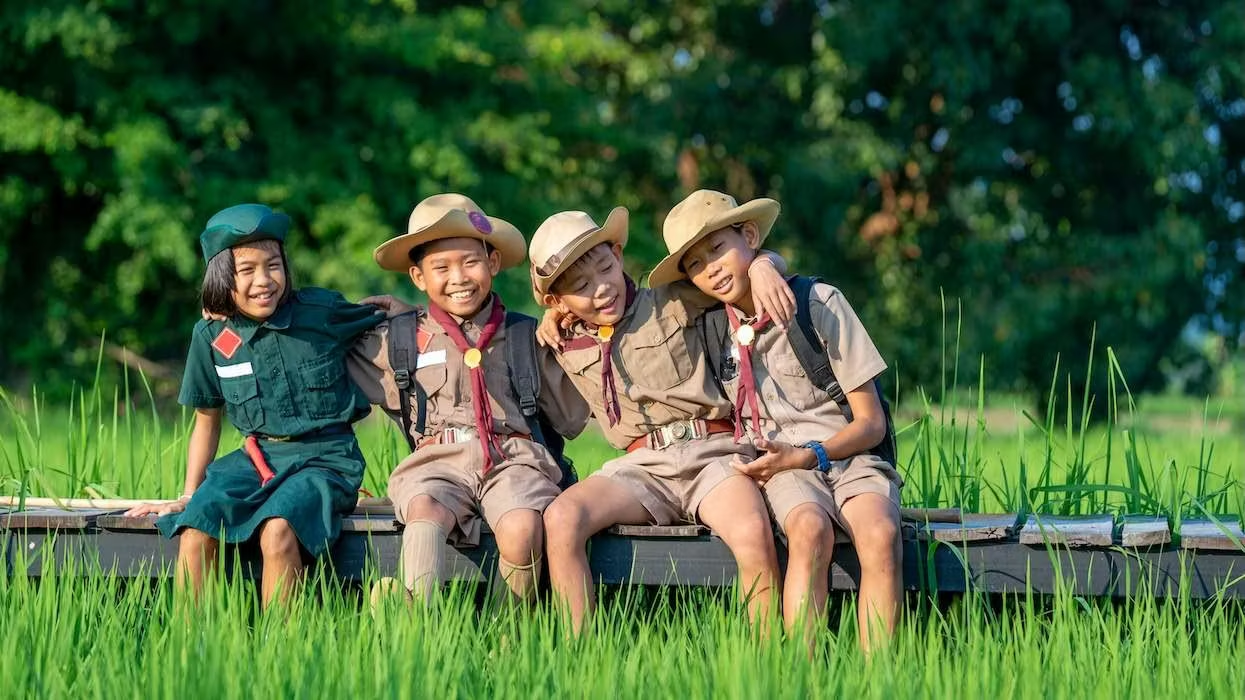

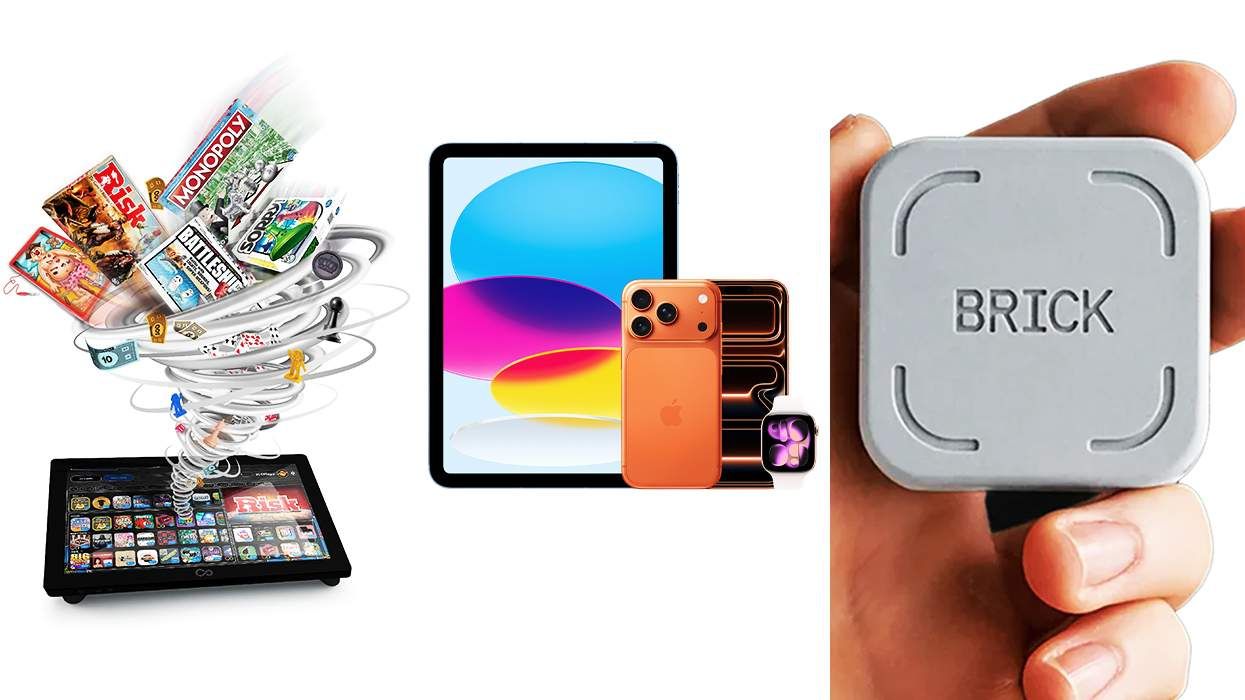
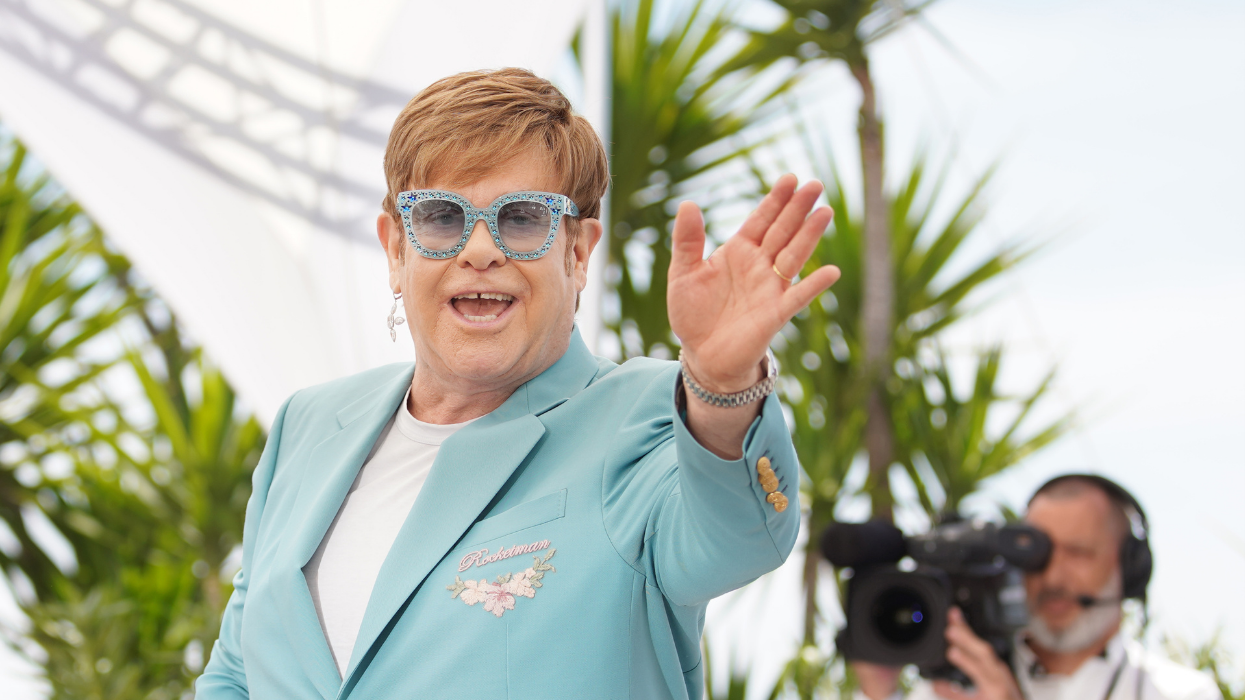
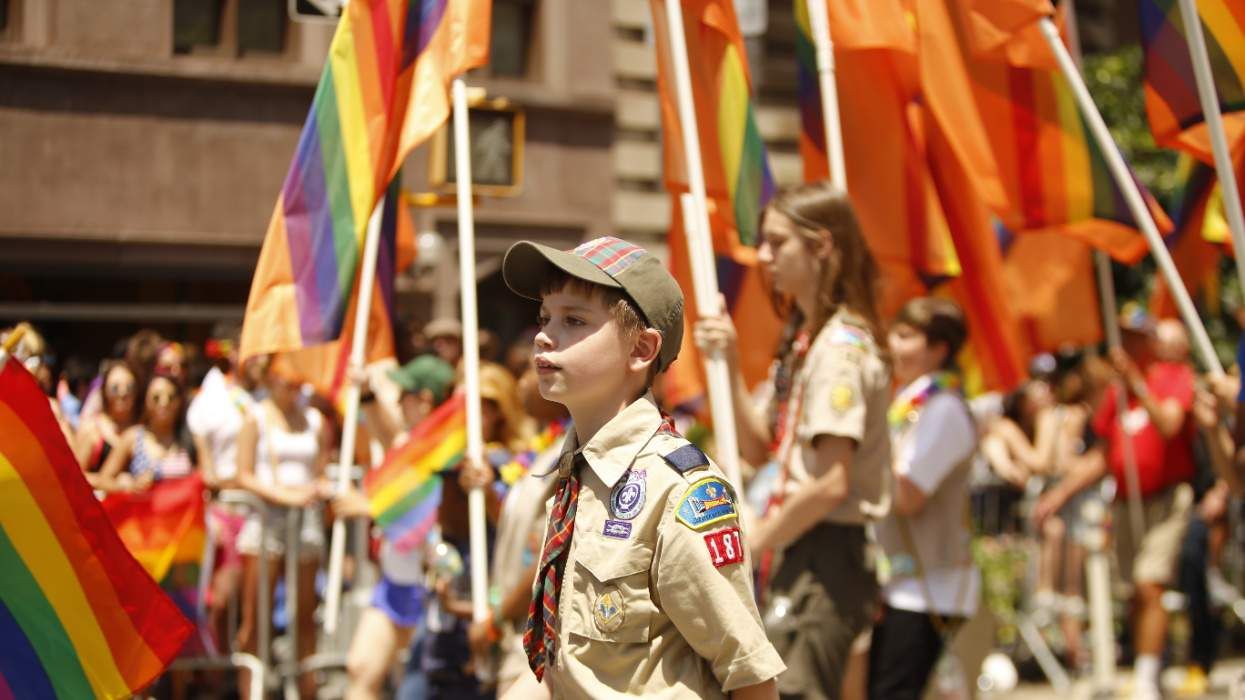
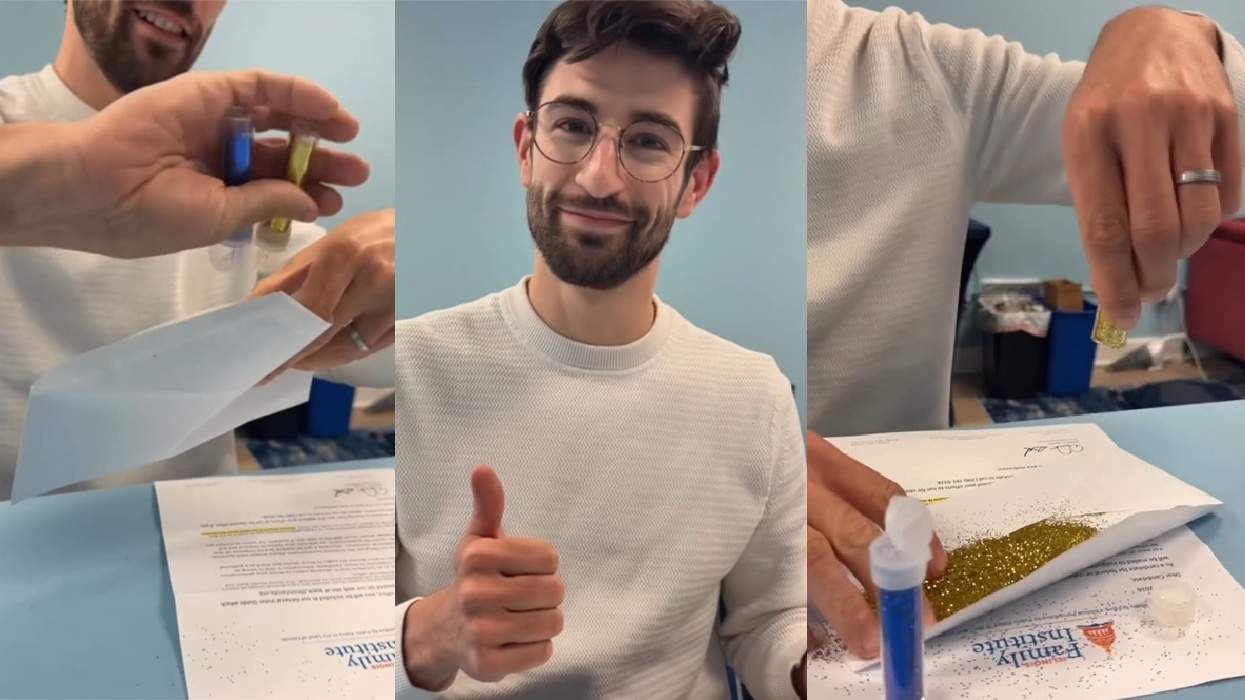







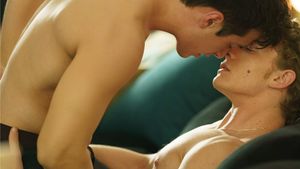



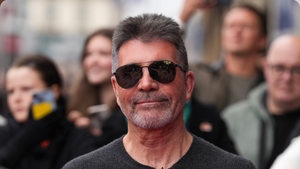








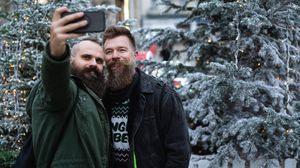

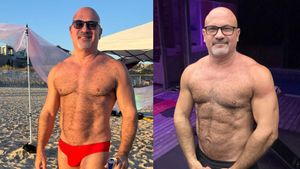











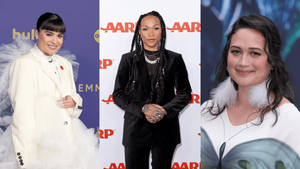


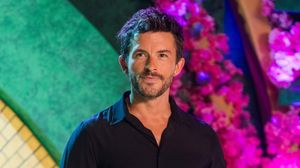



Charlie Kirk DID say stoning gay people was the 'perfect law' — and these other heinous quotes